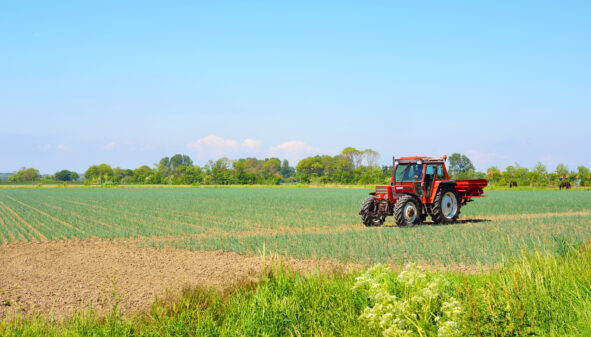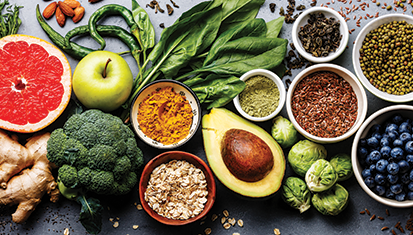Ecorys Investigates Reduction of Fuel Costs in Dutch Agriculture
Commissioned by the Dutch Ministry of Finance, Ecorys has conducted a study on possible measures to reduce fuel costs for the Dutch agricultural sector. The study was recently presented to the House of Representatives and analyses the effects of three policy options: the reintroduction of red diesel, a fuel excise rebate scheme, and a subsidy scheme. The applicability of these measures to HVO100, a sustainable alternative to fossil diesel, was also examined.
Background
The Dutch agricultural sector, comprising farmers and horticulturists, plays a crucial role in our food supply and culture. Reducing fuel costs is therefore a government priority to strengthen the sector’s competitive position.
Until 2013, farmers were allowed to use red diesel, a dyed form of diesel that helped prevent misuse for private purposes. Since then, this tax benefit has been abolished. At the same time, there has been growing attention for sustainable alternatives such as HVO100—a synthetic diesel produced from renewable fats and oils. This fuel can be used in existing diesel engines without modification.
Key findings
Ecorys has evaluated and calculated the impact of three policy options, assessing them based on cost, feasibility, risk of fraud, and environmental effects. The analysis considered both traditional and sustainable fuels.
Read the report
The full report is available (in Dutch) here.

21 July 2025
1 minute read


